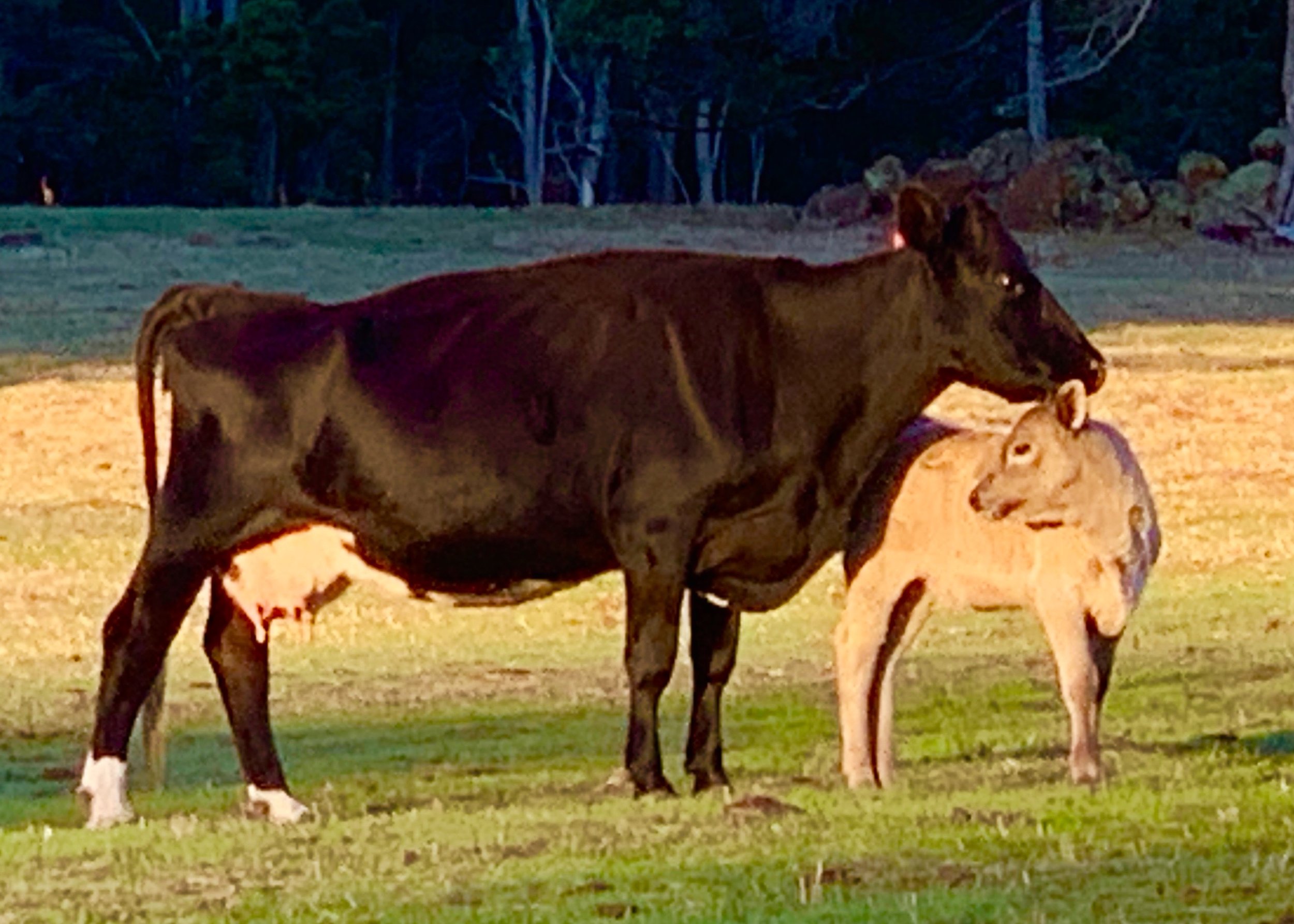Motherhood was very much idealised in the nineteenth century. It was confirmation that a woman had entered the world of ‘womanly virtue and female fulfilment’. Yet, however flawless, a mother – as a married woman – had no legal rights to her children or any other property. Henrietta’s suffering as a wife and mother was one of the catalysts that drove her to advocate for change. Henrietta fought long and hard on behalf of her sex. Undoubtedly her years as an early colonist and dairywoman empowered her with exceptional personal qualities of courage, strength and resilience, as well as a close appreciation of Mother Nature and motherhood in its natural state. This short excerpt was taken from Part 1 of STEP UP, MRS DUGDALE, during her time at Queenscliff.
But now it was well past midnight and she had barely slept. Eiderdown pulled up over his whiskers, William was dead to the world. She trudged out to the holding yards, lantern in hand, to see splinters of light igniting a heaving loin, the roll of a dark liquid eye, tongue frothing silver in the pitch of night. As a mother, she knew what to expect. To witness such stoicism, hour after hour of what must have been agony, and the poor beast uttering little more than a single pathetic moo. It took her breath away, the mucousy blood and the slippery balloon-like capsule wriggling forth the marvel of new life. Gripped by the intensity of nature’s beauty, she stayed put, watching the little darling being licked dry before it was allowed to suckle. All senses alert, she held the lantern aloft, to find an audience gathering. The mother’s instincts had triggered a licking response among the herd. Through the darkness, she could make out their movements, the nodding of heads in approval.

